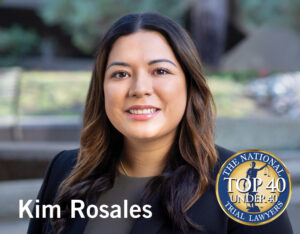Colleges may falsify reports to maintain their own eligibility for student financial aid.
Some for-profit colleges are accused of falsifying records provided to government agencies, such as job records, graduation rates, student grades, student enrollment rates, and loan default rates. Such records are important, because they demonstrate a school’s eligibility for student financial aid. To protect their eligibility status, some schools may “fudge” the numbers, defrauding the government of financial aid dollars.
School employees who know about such fraudulent reporting can help stop such illegal behavior by filing a False Claims Act lawsuit. Such whistleblowers have been very important in recovering federal funds and stopping illegal behavior.
Examples of for-profit colleges’ attempts to falsify reports include the following:
Colleges have a strong financial incentive to maintain their own eligibility for student financial aid.
For-profit colleges depend so heavily on student financial aid that college officials may be very tempted to falsify records of their own eligibility for assistance. When they do falsify these records, they defraud the federal government of money to which the schools are not entitled. Whistleblowers have an important role to play in combating this fraud.
How Waters Kraus Paul & Siegel can help whistleblowers
With a national presence and in-depth experience fighting fraud against the government, Waters Kraus Paul & Siegel, LLP, provides aggressive representation of whistleblowers in qui tam actions and related complaints. The firm currently represents whistleblowers seeking to recover funds on behalf of the federal and state governments in a variety of cases, which may involve defendants such as large pharmaceutical companies, government contractors, school district contractors, and hospice and nursing home care providers.
To learn more about qui tam representation at Waters Kraus Paul & Siegel, or to have one of our attorneys review your potential case, email us or call 800.226.9880.




